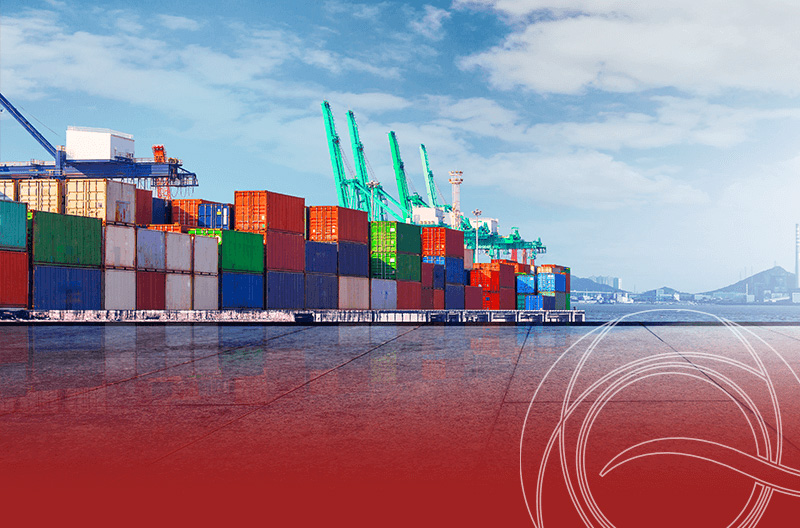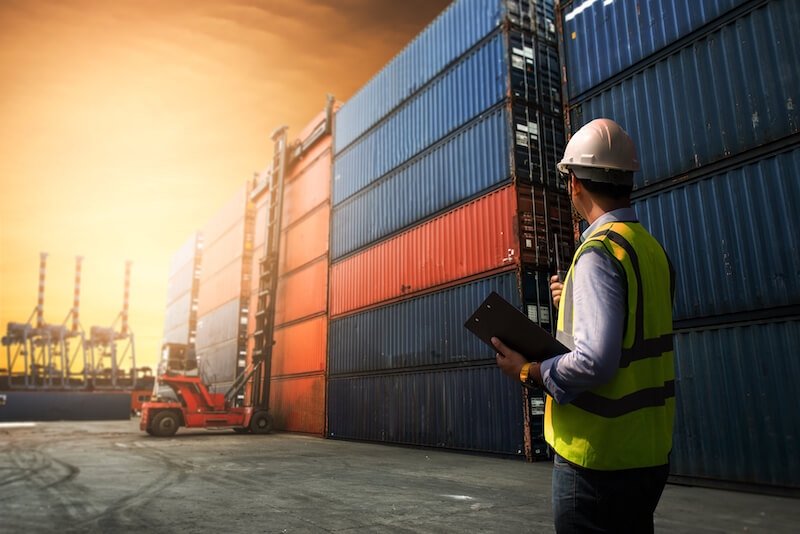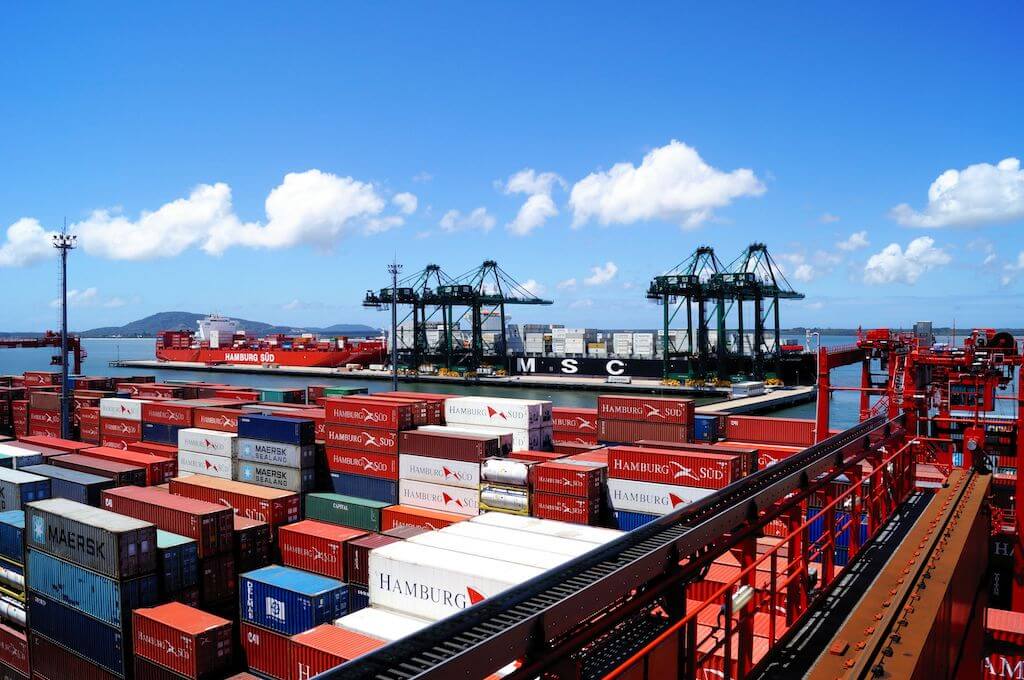
The moment we have been going through in the last three years has proved arduous and historic for the logistics market. Although 2023 points to normalization and perhaps even a quieter movement, it is known that there will always be challenges.
In 2022, the performance of Logistics Operators was severely impacted by external domestic and international factors, many of them unpredictable, such as lockdowns in China; the disorganized distribution of containers around the world (what we call the Container Crisis); the invasion of Ukraine by Russia, whose conflict extends for almost a year and at first generated some imbalances in the global Supply Chain, and the steady increase in the price of fuel
Despite this, the sector was resilient and fulfilled its role as a “one stop shop”, solving logistical problems based on demands and challenges brought by customers, ranging from the basic industry and agribusiness to large retail and e-commerce.
In 2023, “cooperation” will follow as a key word for any relationship of logistics operators, whether with customers, with other storage partners and carriers, suppliers, as well as supervisory bodies, so that they can continue expanding their business, both with regard to infrastructure, and the portfolio of solutions to be offered in the market.
2022 and the logistics market
The logistics market heated up with the Boom of Brazilian e-commerce breaking historical records in the second quarter of 2022.
In the first half, the sector earned about R$ 2.6 billion in lease agreements. In 2021, revenues were R$ 4.3 billion.
Due to the growing demand for e-commerce, distribution centers are increasingly looking for offices that make their operations more efficient and thus enable greater agility in deliveries.
Top trends for 2023
The logistics market has become essential for companies and their costs are high. Smart organizations have significantly increased their logistics operations outsourcing budgets. Only then can they quickly update their resources instead of creating them.
Sustainability
Some weather events have always been a challenge for the logistics market. It is estimated that there was a growth of 71% of extreme weather events. In this way, companies need to be prepared. Major storms or events such as earthquakes can also affect many parts of the supply chain, especially in coastal areas, factories, warehouses, and distribution centers can experience increasing weather disturbances.
It is a fact that one cannot control the climate, but there is the possibility of avoiding further mishaps without giving up the cargo insurance. It is worth complementing that the increase in CO2 emissions and waste generated by the global market have drawn attention to the environmental responsibility of the logistics sector. Thus, sustainability is gaining more and more prominence. One solution is smart lockers, corresponding to the needs of a green logistics, enabling the grouping of loads and thus reducing the emission of greenhouse gases by up to 95% per package transported in the last kilometer.
Global logistics and geopolitics
Rising tensions between the United States and China and the ongoing conflict between Ukraine and Russia are hampering international trade. As many countries are taking steps for the post-COVID-19 economic recovery, recent events have become a major disruption in supply chain operations. Therefore, geopolitics and world events as a whole require more strategy and planning in 2023.
Safety
Like other sectors, cybersecurity is a growing concern in the logistics market. Cyberattacks against international logistics companies range from holding data hostage for financial gain to stealing sensitive customer information. If cybersecurity isn’t already one of your company’s strategic themes, you need to assess your company’s risks and prepare and protect against potential attacks.
Proactivity, motivation and technology
The skills needed to work in the international logistics industry have been focused on the latest technologies for several years. With this, some of the most sought after profiles have become experts in areas such as process automation, big data and artificial intelligence. The most sought-after profiles are those that can use technologies to develop intelligent environments and add differentiated value to international shipping companies.
Expedition managers should do everything they can to motivate their employees and keep them on track. Optimizing time and resources is important because of the potential for tools such as ERP software and applications to allow professionals to focus on more strategic tasks.
MAC Logistic has trodden the best paths to offer first-class services, process optimization and end-to-end security.



